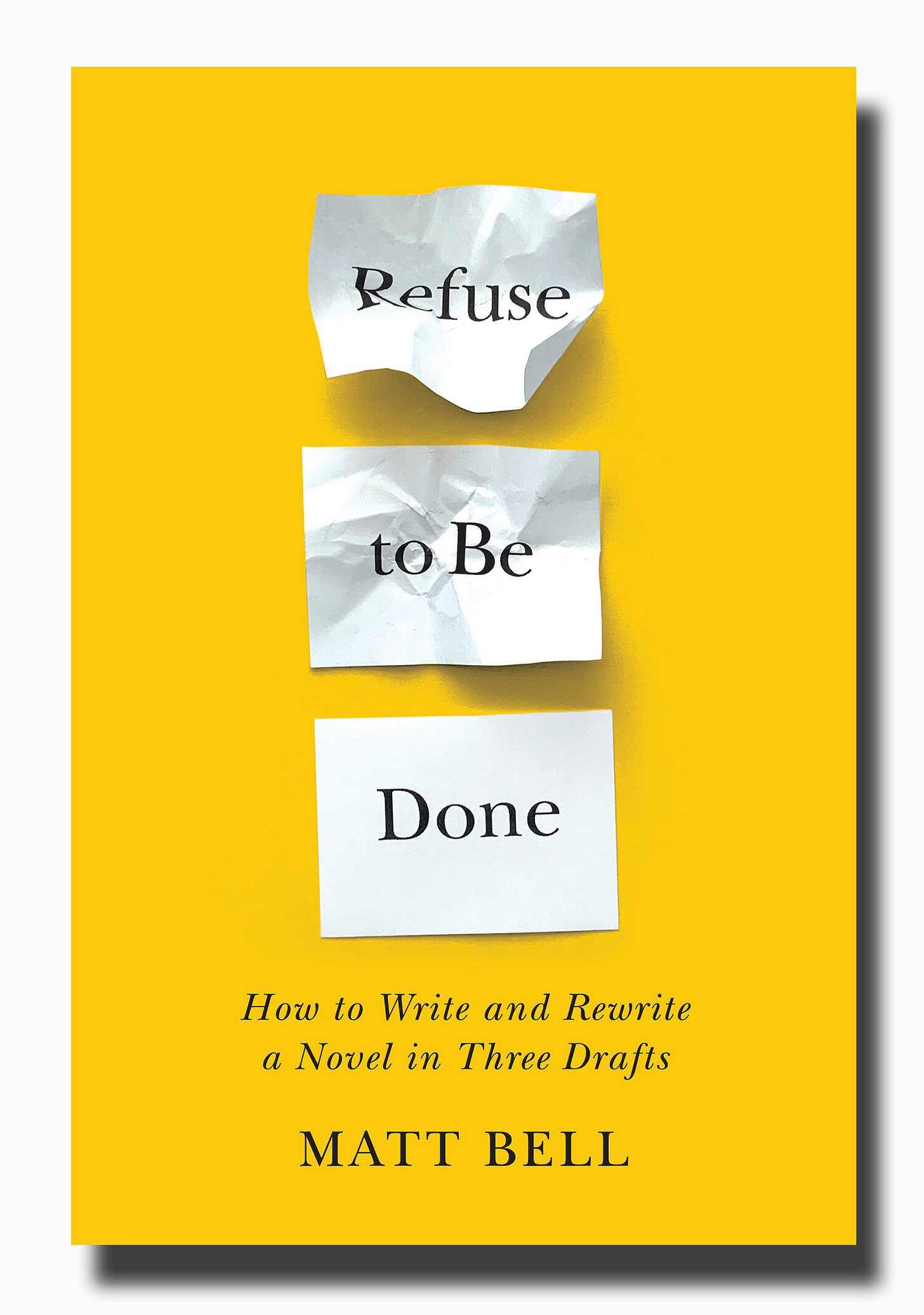Some writers work with a word court, or timed writing sprints. Some write every day (or night), while others go months in between work, before “binge writing” nearly an entire manuscript.
When I was time-sharing my writing with DEA, I was both very much an every day writer (7 days a week), while also adhering to an aspirational word count—600 a day during the week, around 1.5k to 2k a day on the weekend. Those were always best case scenarios, but I rarely ever had the best case.
Now that I write full-time, I’ve taken a much harder look at what I consider to be a productive writing day, and how best to capture the work I’m accomplishing.
In an earlier post I showed off my “grid,” which helps me track—big picture—the projects I’ve committed to or working on. But since March, I’ve also been employing an excel spread sheet, a daily, granular record of what I’ve been accomplishing.
I can’t take credit for the spreadsheet, I found it in Matt Bell’s excellent—
I modified his table there to better fit the stuff I’m doing, and here’s a very small snapshot—
As I said, it’s…pretty goddamn granular…almost to a fault. It shows days I’m traveling (color-coded to the kind of travel), days I’m in a writer’s room or on set, and contains additional notes for other things I might’ve been doing that interrupted or undercut a full day of writing.
There’s some comfort in being able to look back at this kind of record and congratulate yourself on your accomplishments and productivity. However, this sort of “task mastering” can also be anxiety provoking—leaving you over-indexing on box checking and stat stuffing, rather than enjoying those parts of the creative process that aren’t so easily quantifiable.
The reading. The research. The outlining and endless rabbit holes.
I mean, that’s the advantage I always imagined full-time writers enjoyed—the freedom to write without (necessarily) a clock overhead. And here I went and made one for myself (just check out Row C, above).
I’m a big believer in process; I believe identifying your own process is an important step for any writer. I’ve also always believed you just need to get the work done…get those words written…however and whenever you can. But when words alone are all you’re counting, words merely for the sake of words, then I think you run the risk of draining all the fun out of the process itself.
It’s important to measure your progress, but not all progress can be measured.
That’s something I need to remember as well.
As always, feel free to—








Hi Todd. Enjoying your posts. Particularly this one with the chart for tracking your work. I'm the same, a full-time writer trying to make this work. This little bit of accountability would definitely help keep one on task. Thanks for the share and keep on writing.